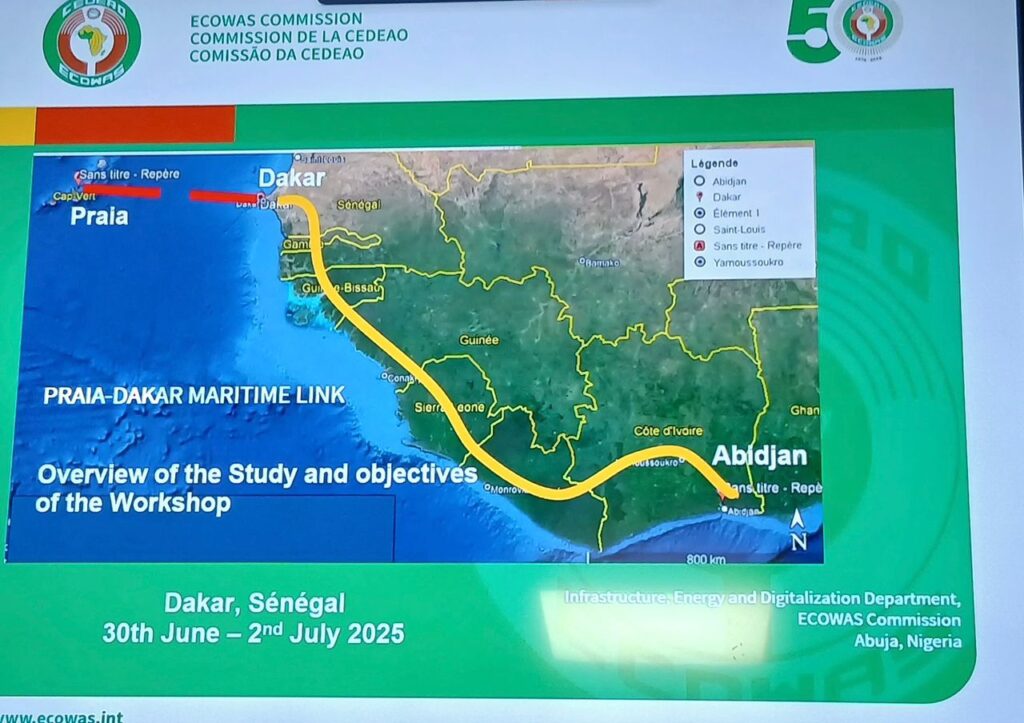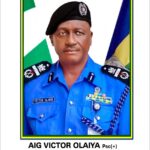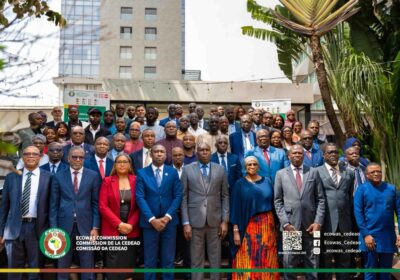Praia-Dakar Maritime Corridor to be Set by 2026- ECOWAS.
By Raymond Enoch
In a landmark stride toward deepening regional integration, the long-anticipated Praia-Dakar maritime corridor is set to become operational by the end of 2026, marking a transformative moment in the Economic Community of West African States (ECOWAS)’s pursuit of seamless connectivity and intra-regional trade.
This pivotal announcement emerged from a high-level workshop that commenced on Monday, June 30, in Dakar, Senegal, drawing together policymakers, maritime stakeholders, and financial experts to rigorously assess and validate the implementation roadmap of the project. At the heart of discussions: financial viability, governance structures, and the socio-environmental implications of the bold trans-Atlantic venture.
Speaking on behalf of Sédiko Douka, ECOWAS Commissioner for Infrastructure, Energy, and Digitisation, the Director of Transport at the ECOWAS Commission, Chris Appiah, emphasized the project’s centrality to the bloc’s strategic agenda.
“The Praia-Dakar maritime link is not just a transport route—it’s a lifeline for regional trade, economic growth, and integration,” said Appiah. “This corridor will bridge physical gaps and unlock economic potential for coastal and landlocked member states alike.”

The maritime corridor will connect Praia, the capital of Cabo Verde, to Dakar, Senegal’s bustling port hub, establishing a direct shipping route that is expected to drastically reduce cargo turnaround times, lower shipping costs, and stimulate trade between island and mainland ECOWAS nations.
Once operational, the corridor could serve as a pilot model for additional maritime integration projects across the region, aligning with broader ECOWAS goals under the African Continental Free Trade Area (AfCFTA).
The Dakar workshop, attended by regional experts, development partners, and private sector actors, is expected to deliver a comprehensive financing blueprint. This includes exploring a mix of public-private partnerships (PPPs), tapping regional development funds, and proposing sustainable governance models to ensure long-term viability.
Experts are also tasked with formulating an environmental and social management plan, ensuring the project aligns with sustainable development goals and community impact mitigation standards.
A critical component under review is the establishment of a robust Monitoring and Evaluation (M&E) framework. The ECOWAS Commission seeks to implement key performance indicators (KPIs) for efficiency, environmental sustainability, and trade impact to guide the corridor’s operation well beyond its 2026 launch.
As Appiah concluded, “We are not merely connecting ports—we are stitching together economies, people, and futures.”
With political will, technical expertise, and financing instruments aligning, the Praia-Dakar link signals a reinvigorated commitment by ECOWAS to tackle regional fragmentation through tangible infrastructure development. Stakeholders hope that by late 2026, vessels bearing the ECOWAS flag will be ferrying goods and passengers across the Atlantic, writing a new chapter in West Africa’s integration story.









